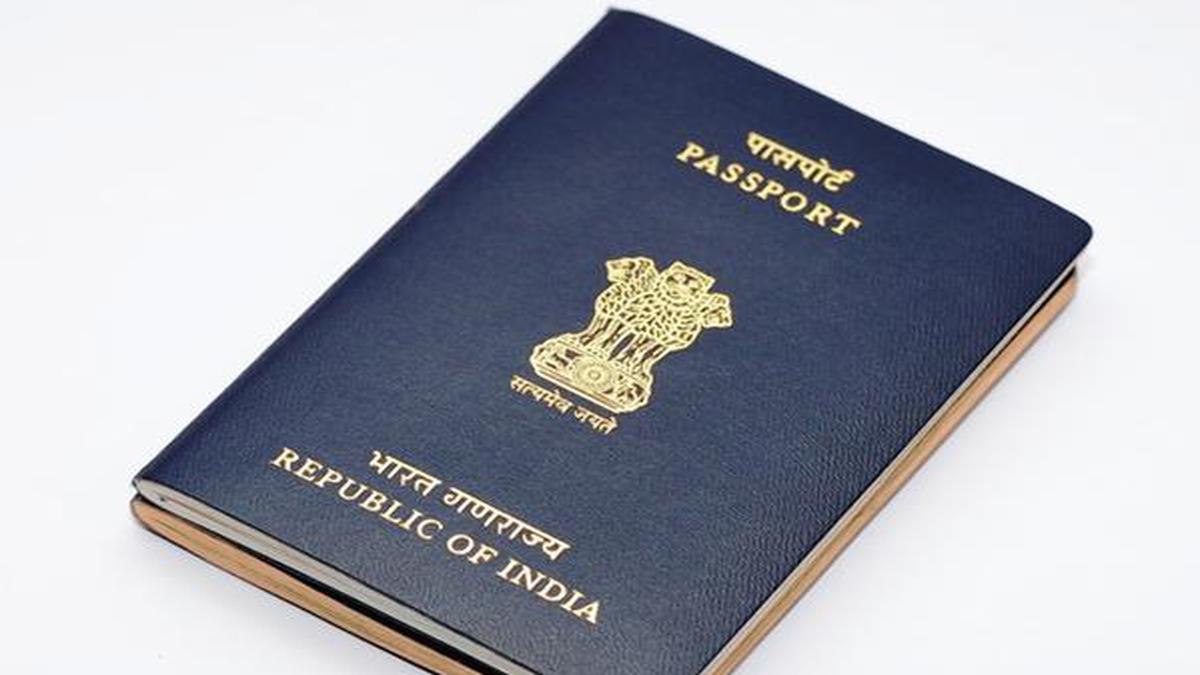
Google Wallet is reportedly preparing to add e-Passport support to its suite of digital services. This move signifies a step towards digital integration, allowing users to store their passport information electronically. However, travelers should note that the physical passport will still be a necessity for international travel.
e-Passport Support in Google Wallet
Google Wallet, a widely used digital wallet app, is evolving to support e-Passports. This feature is expected to facilitate the storage of digital passport information, including personal details and biometrics, within the app. The integration is aimed at enhancing user convenience and security by allowing travelers to access their passport information directly from their smartphones.
Benefits of e-Passport Integration
The addition of e-Passport support in Google Wallet offers several benefits:
- Convenience: Users can have quick access to their passport information without needing to carry the physical document everywhere.
- Security: Digital passports stored in Google Wallet are expected to have robust security measures, potentially reducing the risk of theft or loss compared to physical passports.
Limitations and Necessity of Physical Passports
Despite these advantages, physical passports will remain essential for several reasons:
- International Requirements: Most countries require a physical passport for border control and immigration checks. Electronic versions, while convenient, are not universally accepted as official travel documents.
- Backup: In the event of technical issues or loss of a smartphone, a physical passport acts as a crucial backup, ensuring that travelers can still pass through security checkpoints and board their flights.
Current Developments
Google Wallet has been steadily expanding its capabilities. Recently, it started supporting various digital IDs and driver’s licenses in multiple states in the U.S., with plans to expand further. The integration of e-Passports is part of this broader trend towards digital identity management.
Security Features of e-Passports
e-Passports contain a microchip embedded within the physical document, storing the holder’s personal information and biometric data. This microchip enhances security by making the passport more difficult to forge. For instance, the new Indian e-Passport includes several advanced security features, such as UV light identification, micro printing, and a polycarbonate biographical page, in addition to the microchip.
While the upcoming e-Passport support in Google Wallet marks a significant advancement in digital identity management, it does not eliminate the need for physical passports. Travelers should continue to carry their physical passports to meet international travel requirements and as a backup to their digital counterparts.






















